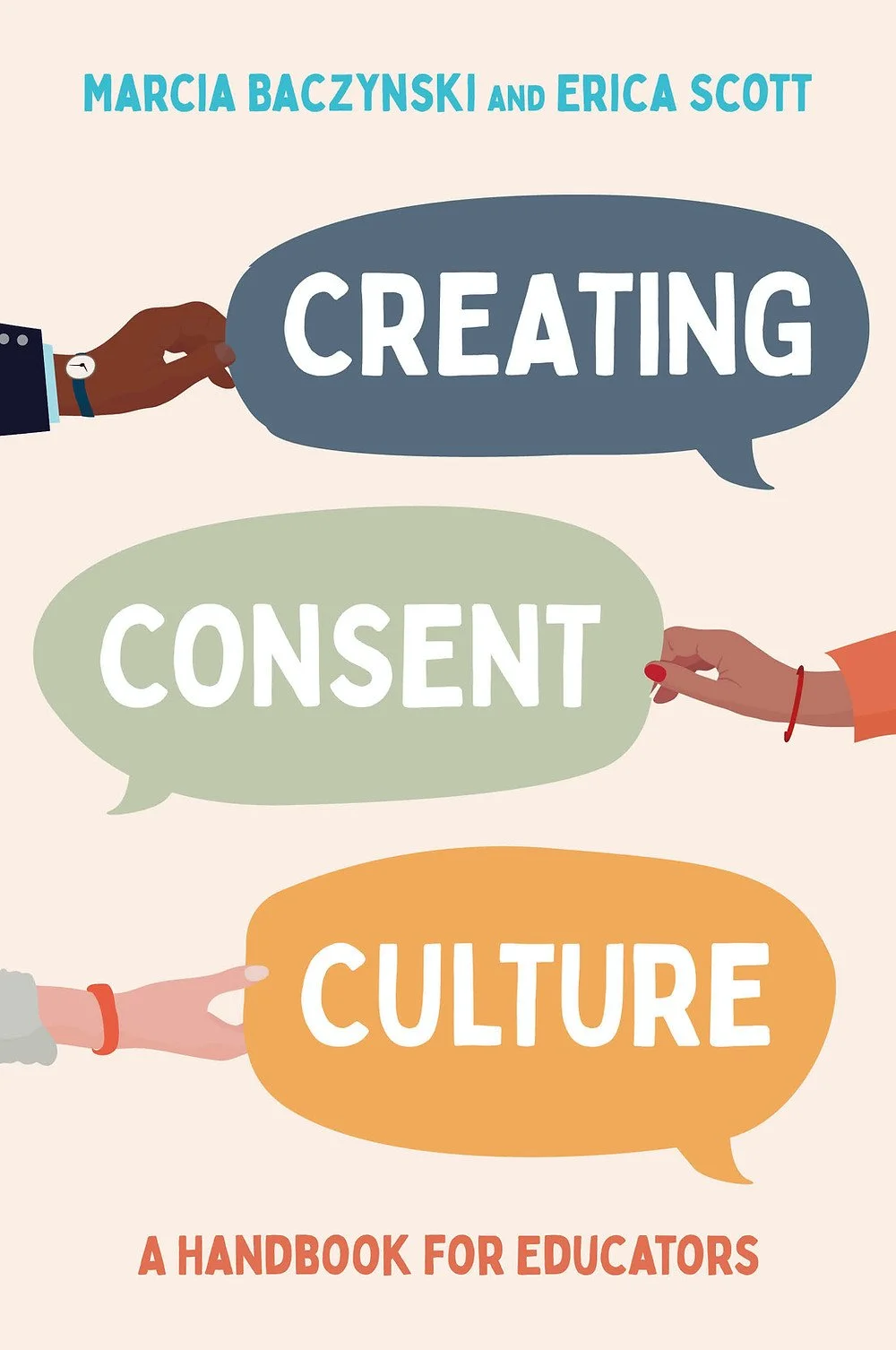The premise of Breaking the Boy Code has always been that boys’ voices are worth listening to—even when it’s not easy or convenient. Their lives and their stories matter. These boys matter. So without further ado, I’m honoured to introduce the voices of season four.
Read MoreIt’s not for no reason that we dedicate ourselves to the next generation of men—and we don’t take the educators in their lives for granted. You are their champions, their stewards and their witness.
For every time I’m invited to be part of a professional development opportunity, for every time that Next Gen Men’s resources are downloaded and used in schools, and for each and every thing that you, who are reading this, do to engage boys in the movement for gender justice, thank you.
Read MoreWe do young people a disservice by operating under the assumption that a list of warning signs or an affirmative acronym will be enough to help them effectively communicate within healthy relationships. Instead, we need to engage boys in open and honest conversation about what is difficult, challenging or confusing for them with regard to consent—beyond just stop signs.
Read MoreWe’re mandated to report any situation in which a child might be in need of protection, come hell or high water. Yet in reality it’s rarely that simple. Young people’s lives are complex, tangled and ever-changing shades of grey—and if our ultimate goal is their wellbeing, then we have to recognize a trusting relationship in which they can confide in and count on as a significant protective factor.
Read MoreEvery educator has struggled with the devil-may-care student who is indifferent in the classroom at best, and at worst finds ways to be actively disruptive or flagrantly disrespectful. But let’s be clear: what we see in those moments is not really a ‘problematic’ boy or ‘toxic’ masculinity. It’s relational disengagement.
Read MoreIn the years since #MeToo, I’ve seen a question increasingly materializing among the best schools: how do we sustain positive change? If you’re reading this, you probably know why schools should be talking about positive masculinity. You might already be starting to put this into practice. So let’s talk about what’s next.
Read MoreIn some ways, the program itself is the easy part. The hard part is getting a troop of boys and young men to show up in the first place. At Next Gen Men, we’ve been engaging boys and young men in gender equality for a long time, so we’re here to share some insights we’ve gained along the way.
Read MoreThe meaningful and impactful experiences at the Future of Masculinity Summit were only made possible by educators within each school community—school counsellors, teachers, social workers—who stepped up, leaned in, and sat with their students as they explored masculinity on a deeper level.
Read MoreToday we are proudly releasing our labour of love, the Next Gen Manual, to the world for free. We know that this program guide will make a huge difference in your work with boys and youth, because we’ve been using it ourselves.
We also know the immense impact that even a single, well-equipped and engaged educator can have on youths’ development and futures—because we’ve seen it time and time again.
Read MoreAs we work towards a culture of justice, love and communicative collaboration, Creating Consent Culture is a well-researched, detailed and facilitator-oriented set of ideas and workshop outlines to help us on the way.
Read MoreThe human body is designed to resist toxicity. It’s not until we’re immersed in it for a long period of time that it becomes dangerous. That’s why the most important thing we can do as role models and mentors in boys’ lives is to provide an unwavering sensation of being known and loved.
Read MoreWhere are boys practicing the attitudes, language and behaviour that will define them as young men? Where are they figuring out whether or not to challenge the status quo? It’s not in an all-gender, safe-space health class where boys are outnumbered and unlikely to speak up anyway.
Read More











